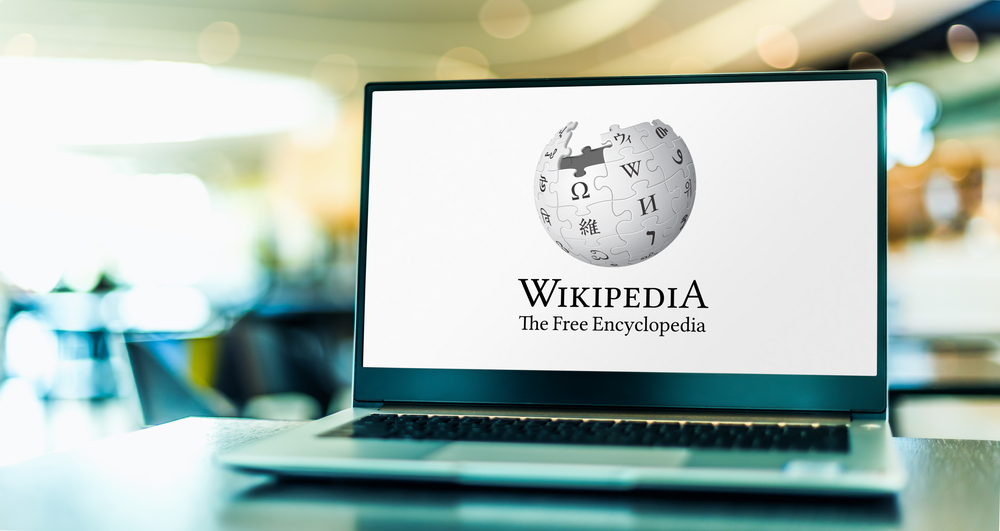You may have noticed that many professors loathe Wikipedia and strictly oppose students using it as a resource for academic writing. They may reject or lower grades for papers with this source included on the Works Cited page. So what’s the big deal? Well, in many ways, Wikipedia is the electronic Cliff Notes of the modern era (ask your parents if you don’t know what Cliff Notes are…they ruled the world of homework shortcuts twenty years before Google). The days of students laboring away in the library with stacks of dusty books or zipping through microfiche files have been replaced by burning the middle night oil in front of a keyboard and monitor. And while professors today realize that students will turn to the web for their research needs, they also know that everything available online is not a credible source.
The problem with Wikipedia content is that it is created by everyday internet users or by biased contributors (for instance, a company may create its own Wikipedia page and skew the presentation of information). Almost anyone can contribute information which may be incorrect. There is no system of checks in place to ensure the accuracy of this information. So while it’s okay for students to use Wikipedia to gain a very basic understanding of a topic, it is important to consult other sources to verify and expand upon the information found there. One positive is that more credible Wikipedia entries will usually have a list of scholarly sources and weblinks at the bottom of the page to tell readers where the information came from. You can always cross check those sources for more information, which can be a great starting point for deeper research. In a nutshell, know that in academic settings Wikipedia is considered an unreliable source. Use it sparingly and focus on more trustworthy sources to support your paper.
View 120,000+ High Quality Academic Documents
Learn-by-example to improve your academic writing

